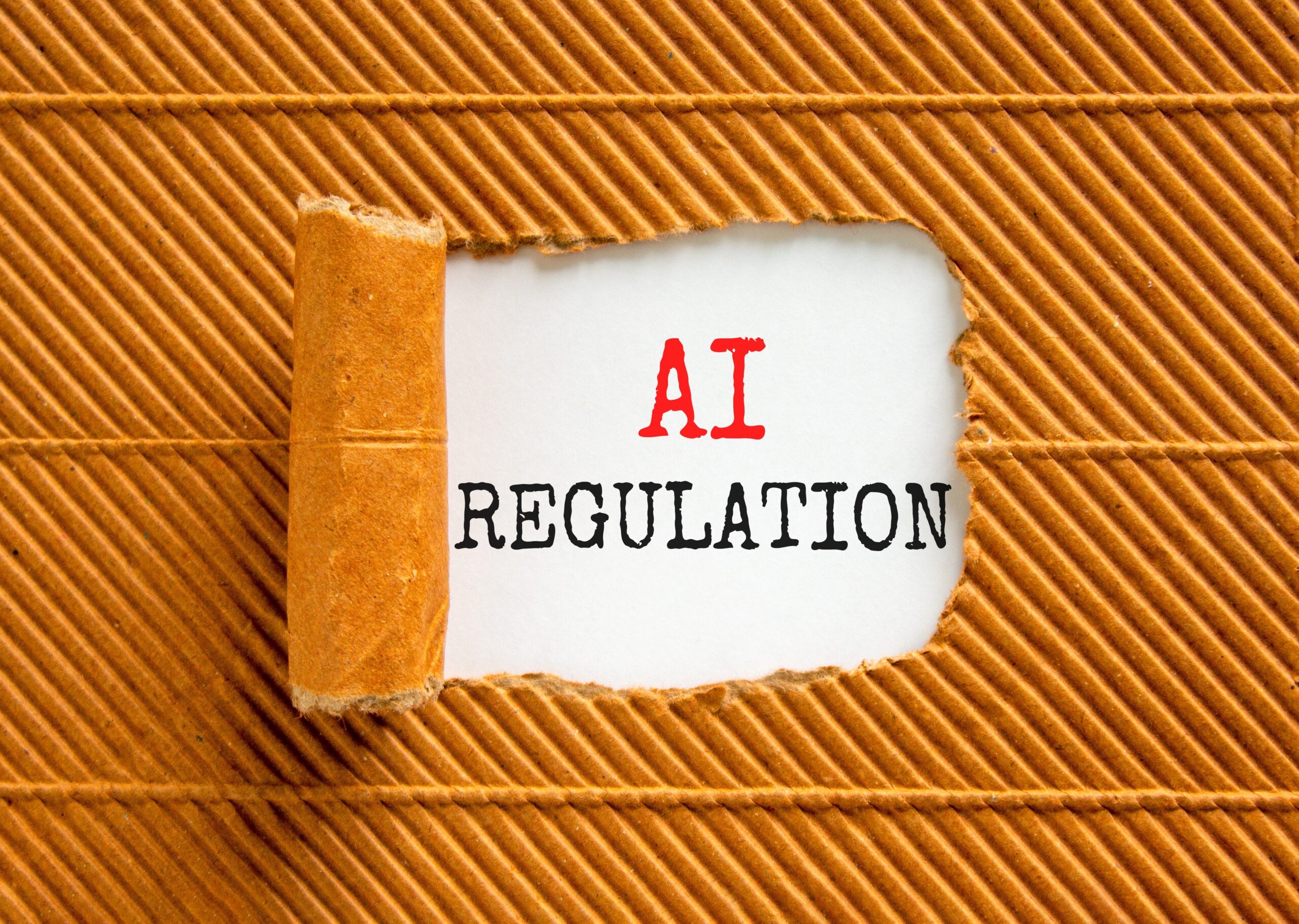
27 Nov Emerging AI Safety Regulation
The first major international AI Safety Summit hosted by the UK earlier this month marked a significant milestone in the global conversation about the safe development of frontier artificial intelligence (AI). Over the course of two days, 150 representatives from around the world, including government leaders, industry experts, academics, and civil society leaders, came together to discuss the next steps for ensuring the responsible advancement of AI.
Emerging AI Safety Processes:
Prior to the summit, the UK Government released a set of nine emerging AI Safety processes, providing a framework for the safe development of frontier AI systems. These processes, ranging from Responsible Capability Scaling to Identifiers of AI-generated Material, aim to manage risks, increase visibility, and address the challenges posed by AI. Companies were urged to outline their AI Safety Policies, fostering transparency within the AI ecosystem.
Key Announcements:
The summit resulted in a ground breaking agreement among leading AI nations to prioritise the safe and responsible development of frontier AI. The UK also announced the establishment of a new AI Safety Institute, serving as a global hub for testing the safety of emerging AI technologies. Additionally, the British government pledged a significant boost to supercomputing capabilities and committed to collaborating with global partners to leverage AI for development in impoverished nations.
Recent Political Statements:
In the UK, Prime Minister Rishi Sunak emphasised the transformative potential of AI for future generations but ruled out immediate legislation, emphasising the need for a deeper understanding of the technology. UK Technology Secretary Michelle Donelan highlighted the importance of collective efforts in addressing the risks associated with frontier AI.
In contrast, the United States, under President Biden, took a proactive approach by signing an Executive Order mandating federal agencies to work on AI regulation within a year. The order outlined guiding principles for safe, secure, and trustworthy AI development, emphasising responsible innovation, consumer rights, and protection of privacy and civil liberties.
Implications for Business:
As discussions on AI regulation unfold globally, it’s crucial that businesses developing AI understand its implications and in doing this determine the type of AI they’re using or developing, which of course lies in the AI’s capabilities and application.
Conventional/traditional AI systems are primarily used to analyse data and make predictions, while frontier/generative AI goes a step further by creating new data. In other words, conventional/traditional AI can analyse data and tell you what it sees i.e. excelling at pattern detection, while frontier/generative AI can use that same data to create something entirely new i.e. excelling at pattern generation.
As the latter is where regulatory scrutiny certainly seems to be centred, it’s imperative that businesses:
- Determine the type of AI on which their business models are based;
- Consider the evolving nature of AI regulation around the globe;
- Document AI use/development;
- Analyse the associated risks of AI use/development.
Such measures are immediate prudent steps that businesses must undertake in order to understand the full impact of AI regulation and their continued success in the evolving AI space.
The UK’s AI Safety Summit marked a crucial moment in the ongoing dialogue surrounding AI safety and regulation. The global consensus on the responsible development of frontier/generative AI, coupled with key announcements and contrasting political stances, sets the stage for a dynamic regulatory landscape. Understanding and adapting to these changes will be pivotal in navigating the evolving world of AI. As discussions continue and regulations take shape, the industry can expect further developments that will shape the future of AI for years to come.



